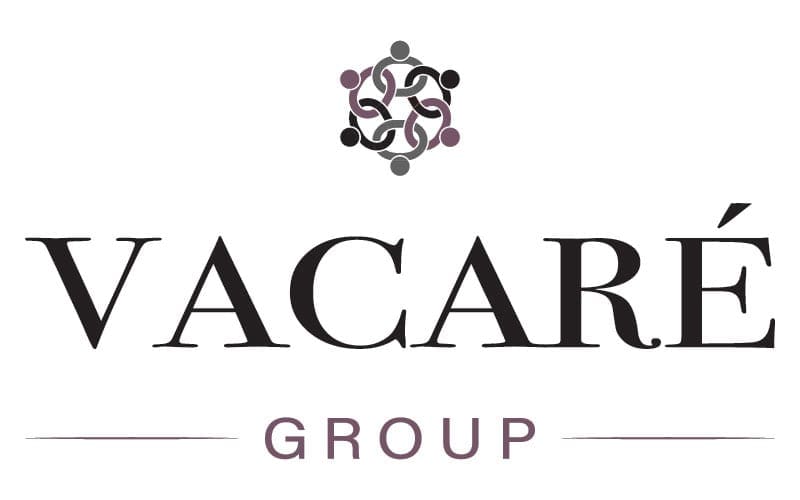
P.C. IStock
Working remotely can be a great outlet for employees to work on their own terms.
You can pick your environment. A coffee shop, your home set-up, the couch…No matter what, an employee can have complete control over their work environment in order to customize their setting and reach an idealistic state of productivity.
Dress code, commute, home cooked meals, saving money…The list goes on and on. There are so many pros that make the switch worth making, though it is not always possible. Once someone has the freedom of working remotely, they may have a difficult time adjusting to the idea of returning to the office.
The boisterous nature of the office can be a lot for people, especially if they have a peaceful spot at home where they can focus. If a job involves making frequent phone calls and connecting via zoom, there is no unpredictability when it comes to Wi-Fi, sound, and external distractions.
“Have you had candidates turn down job offers because you require them to be in the office?” Vacaré Group put this dilemma out to hiring managers on our LinkedIn page, and the results were statistically significant.
We asked, and 79% of the 125 people who responded said yes. 21% answered no.
These statistics show two coexisting possibilities…
- People would jump at the chance to work remotely
- People who already do would rather turn down an opportunity than step foot in the office full-time.
In conclusion, popular opinion tends to favor remote or hybrid work models, with exceptions. Some people will always focus better in the office. Some will prioritize remote flexibility as the most important standard when looking for a new position.
If you are looking to learn more about what we do, visit our Contact page to learn more about how Vacaré Group can build your team while you build your company

